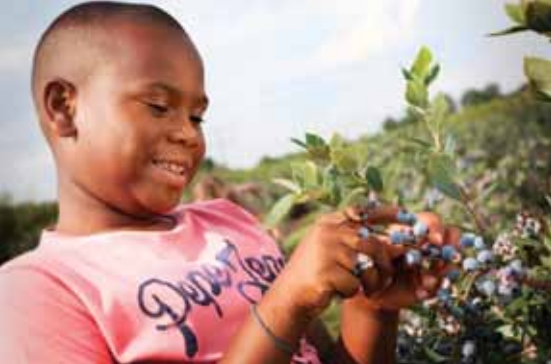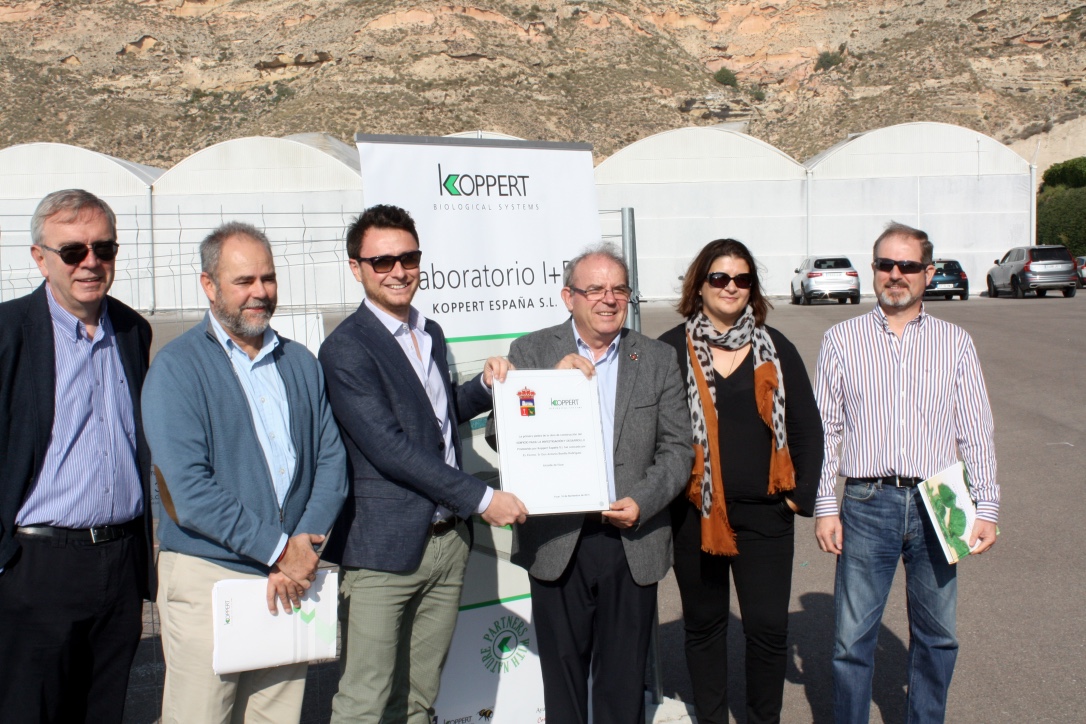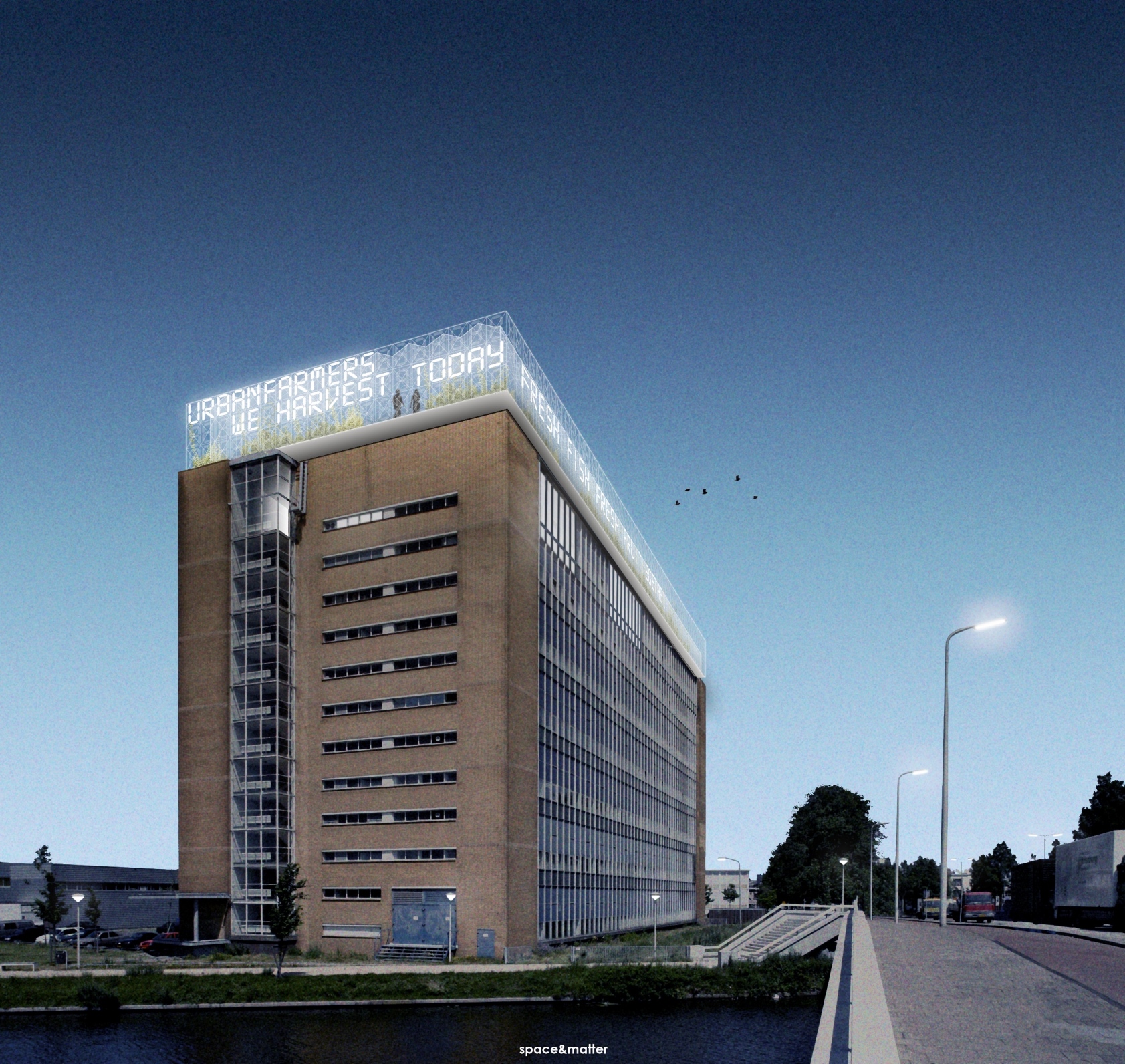Key role for microbial products

Worldwide production of products such as strawberries, blackberries, raspberries, and other berries is on the rise. Growers who are expanding and want to boost production and eliminate cultivation risks often turn to natural solutions with key industry suppliers such as Koppert Biological Systems. The firm has now added microbial products to its range of products and they are looking very promising. According to the company, they are essential if a robust cultivation system is desired. Koppert confirms that bumblebees and beneficial insects are in great demand in soft fruit production worldwide to improve crop sustainability.
Bees, beneficial insects, and microbiology at Koppert
The major investments and increasing capital intensity mean that growers want to avoid risks as far as possible. At the same time, they are coming under pressure as the range of chemical products available shrinks and these products are becoming less effective. In addition, buyers want products that are residue-free. More and more growers are therefore looking for solutions in integrated or even fully biological cultivation methods. Koppert Biological Systems provides these solutions. The market leader in improving crop sustainability has a full range of products available, offering bumblebees for pollination, natural enemies to combat pests, and biostimulants (microbial products and natural substances) that support and strengthen the plant. Koppert’s bumblebees (products such as Natupol, Tripol, and Natupol Booster) have been best-sellers in the fruit cultivation sector for years. This also applies to beneficial insects such as Swirski-Mite, Macro-Mite, Spical, and Limonica. These are natural enemies that tackle pests such as thrips, spider mite, and whitefly effectively in soft fruit crops. In the range of microbial products (produced from beneficial fungi and bacteria), Trianum and Linafer-P head the list. ProParva and Fortafol are biostimulants made from natural substances. These products have a beneficial and useful function for the plant, both above and below the soil surface. They strengthen the root system and plant and promote the absorption of nutrients, plant growth and resistance to disease or pests, as well as other stress factors such as drought.
Sales & Marketing Director Peter Maes argues that microbial products offer great promise for the future. He points out that these products have already achieved an important market position in many crops. ‘Because they strengthen crops so effectively, they are very useful – even essential – in countries and regions where cultivation conditions are less than optimum. Thanks to these products, the crops grow stronger and more resilient towards soil diseases, leaf and fruit diseases, and also against pests. Microbials play a key role in soft fruit production.’
Large investments
Maes emphasises that it is not just the high quality of Koppert products that makes the difference. ‘The focus is on natural, often living products. Growers need to learn how to work with these. That’s why we also advise growers and offer them intensive guidance. This helps create a robust, integrated system, and the success of the crop becomes significantly more certain. This is exactly what our customers want.’ To maintain expertise at the highest level, Koppert regularly consults with large international producers and trading companies. As Maes explains, ‘This way, we keep abreast of cultivation issues and developments, and the current wishes of the retail sector and the consumer. This is all valuable input for our researchers, product developers and consultants.
Koppert at Fruit Logistica 2016, Berlin: Hall 1.2 – stand D-08


